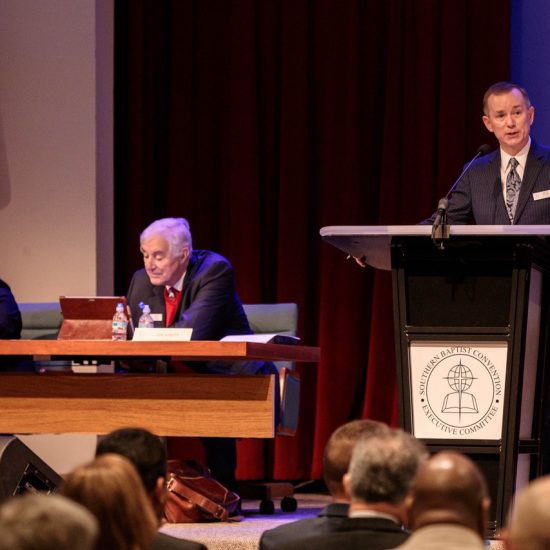The two words "life" and "estate" seem to conflict in my mind.
When I think of "estate," my thoughts move to the things that are left behind when we leave this earth.
So how does life, which seems to be the here and now, connect with estate?

Stephen Mathis
|
It connects in the area of estate planning. A life estate is one of the arrangements that may be used to transfer ownership of real property such as houses, farms and other land holdings.
A life estate may be used to avoid probate and make sure that an intended heir will gain ownership of a selected piece of real property.
A simple example can illustrate the concept. I own a home and am certain that I would like for a specific one of my children to receive ownership of the property following my death.
During my lifetime, I need to be able to live in my home and do not want to transfer the burden of home ownership (repairs, insurance, maintenance, utilities, etc.) to my child.
I like the idea of an arrangement that finalizes today the future transfer of my home to the chosen child, knowing that they won't have to wait for the home to pass through probate.
With the assistance of my attorney, a life estate agreement is prepared.
I transfer title of my home to my child today, BUT retain a life estate interest in the home for me.
As long as I am living, I continue to reside in and care for the home.
Upon death, my life estate interest ceases and my child's remainder interest becomes the sole interest. He or she now has complete ownership of the home and may live in it, rent it out or sell it.
My other estate plans will determine how my investments, retirement funds and various additional assets will be divided and distributed.
You have heard it said that three things determine the value of real estate – location, location, location.
The location of your home or other piece of property may be a key factor in determining if a life estate arrangement makes sense for you.
If your home is located in the community where one of your children lives, it is more likely that they would benefit from receiving the home as a specific portion of their inheritance than it would if they live miles away and already own a home.
You may also want to consider the possibility of using a life estate arrangement to transfer a home or farm to your church or other Christian ministry.
Should your property be adjoining or located close to a church or ministry, it might be an ideal way to make it possible for the ministry to expand its work.
Homes and other pieces of real estate are frequently used to provide missionary/minister housing, education space, offices, or recreational facilities.
Is a "life estate" arrangement for you? It all depends upon the real estate you own, its location, who you might wish to benefit and how the arrangement would fit into your overall estate plan.
When you own real estate, it is worthwhile to intentionally consider the life estate option. Should you be considering a life estate arrangement that makes a church or ministry the remainder owner, you will be pleased to know there can be significant current income tax deduction benefits available.
Check with your professional advisors to make sure the plans you make are properly designed and to capture the full benefits for you, your family, and the ministries God may lead you to support.
It is a matter of wise and diligent Christian stewardship.
A certified financial planner, Stephen Mathis serves as executive vice president of the Missouri Baptist Foundation.

